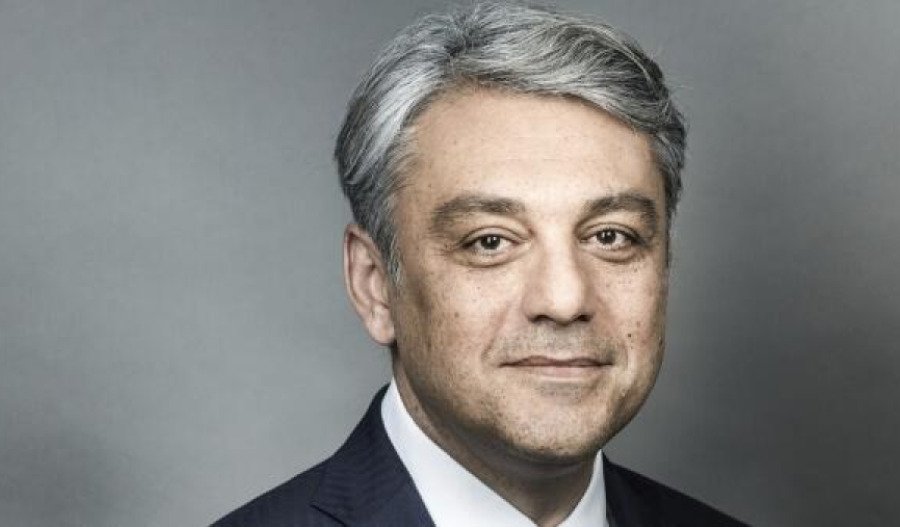Renault (RENA.PA) shares were trading 18% lower overnight after the French carmaker surprised investors by cutting its guidance due to weaker-than-expected sales and a slowdown in the European market.
In what was the worst trading day since March 2020, Renault’s shares fell to €34.80.
In May, Renault saw a 4% increase in new car registrations for the month across its brands, including Renault, Dacia and Alpine, according to ACEA data. However, after June volumes failed to meet expectations the company lowered its full-year operating margin target to 6.5%, down from a previous forecast of 7%-plus.
Renault revealed that in the first half of its financial year, revenue increased by 2.5% to €27.6 billion. But due largely to a negative working capital impact of about €900 million from delayed billings and falling demand for passenger cars and vans in Europe, Renault told the market to expect cash flow of €47 million, down from the originally expected first-half estimate of $54.5 million.
Also impacting the first half result was “an increasing commercial pressure due to the continuing decline in the retail market,” as well as underperformance of its light commercial vehicle business in what it described as a “sharply declining” market in Europe.
While the carmaker has pledged to step up cost-cutting measures in the second half of the year, analysts expect a combination of competitive pressures in the electric vehicle (EV) segment and broader market weakness to materially impact results beyond June.
“We foresee longer-term market pressure playing out beyond June. Most European carmakers released a new lineup of affordable electric vehicles, increasing competition,” analysts at Morningstar said, noting concerns about leadership uncertainty in a volatile market.
What’s also creating headwinds for E.U. automakers like Renault are the ever-changing tariffs proposed by the Trump administration. On Saturday, Donald Trump announced that the U.S. would implement 30% tariffs on imports from the European Union and Mexico.
Other European carmakers have already reported negative impacts from the Trump administration’s tariffs. Last Monday, Volvo Car AB announced it would be taking a non-cash impairment charge of 11.4 billion Swedish kroner (around US$1.2 billion) for its second quarter, with U.S. import tariffs eating into its profitability.
E.U. auto imports have already faced a 25% tariff, alongside a 50% tariff on aluminium and steel.
In the face of declining sales over the past several months - with new car registrations in the E.U. falling by 0.6% in May compared to the previous period – Renault plans to pursue a “strict commercial policy, prioritising value creation over volume to protect its launches.
The company is also moving forward with its cash reduction plan.
Coinciding with yesterday's interim result was the announced appointment of CFO Duncan Minto to the role of interim CEO following the surprise resignation of former CEO Luca de Meo effective 15 July.
While the selection process for a permanent successor to the CEO seat is well underway, Minto will in the meantime ensure the day-to-day management of the company together with Jean-Dominique Senard, who will become chairman.



